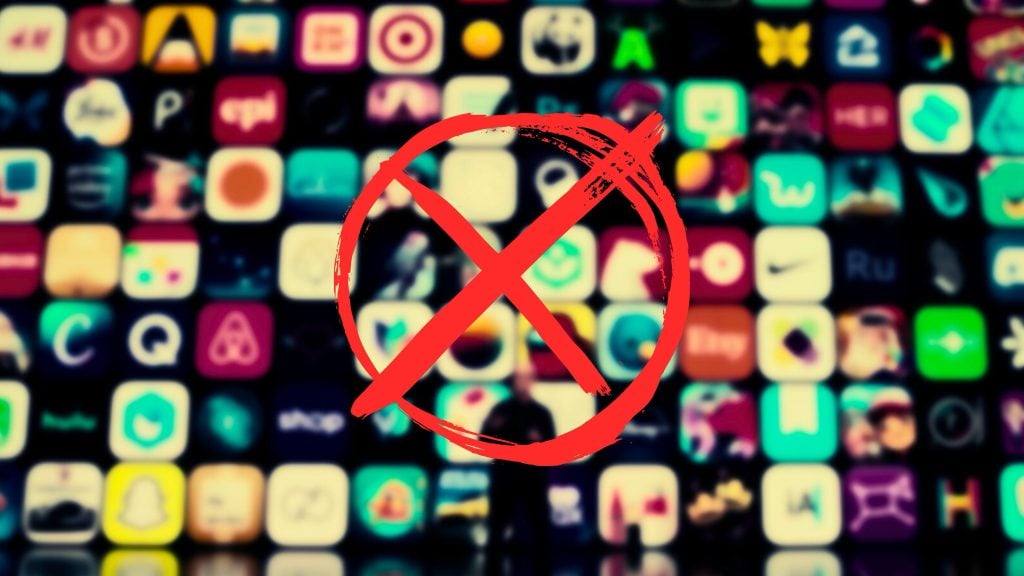Twitter is facing fines in Germany for not censoring content deemed illegal under the country’s strict “hate speech” laws.
The federal government announced that it was investigating Twitter’s failures to act on censorship requests.
According to Chan-jo Jun, founder of specialist IT law firm JunIT Rechtsanwälte, the federal government is only acting on a few, out of the hundreds, of cases that have been reported.
Jun will be representing the Antisemitism Commissioner of the state Baden-Württemberg, Michael Blume.
Towards the end of last year, Jun’s firm filed a lawsuit against Twitter for refusing to remove hate speech content.
The court said that the tweets were “illegal.” On Tuesday the federal government said that there were “sufficient indications of failures” by Twitter.
Jun initially reported several tweets to the Federal Justice Office (BfJ). However, they were told that there was not enough material to prove systemic failure.
“We had reported a number of cases to the [BfJ] at that time, and found that they agreed that these tweets were illegal but said they do not have enough material for a systematic failure. And that’s when a group of volunteers started to systematically search for illegal content and keep reporting that and making a huge database… and they kept submitting that to the [BfJ]. So it’s over 600 cases,” he said.
“The ones that are now subject to the [federal government’s] case appear to be just the first ones. They picked them out because they were all similar in that way — I think they came from the same user and had the same content. That’s probably why they chose those because it would be the easiest case to see that is systematical failure. That it was not a single failure of one content moderator but actually that the vast majority — or all — of reports were wrongly handled.”
NetzDG carries a fine of up to €50 million per case, but Jun said it was unlikely that Twitter would be fined the maximum.
“The law expects fines of up to €50 million for each case. It is possible that at first they will not take the full amount. There’s actually a table… that states the intensity of the failure. So I would expect something between €5M and €20M to be the first fine,” he suggested, in an interview with TechCrunch.










